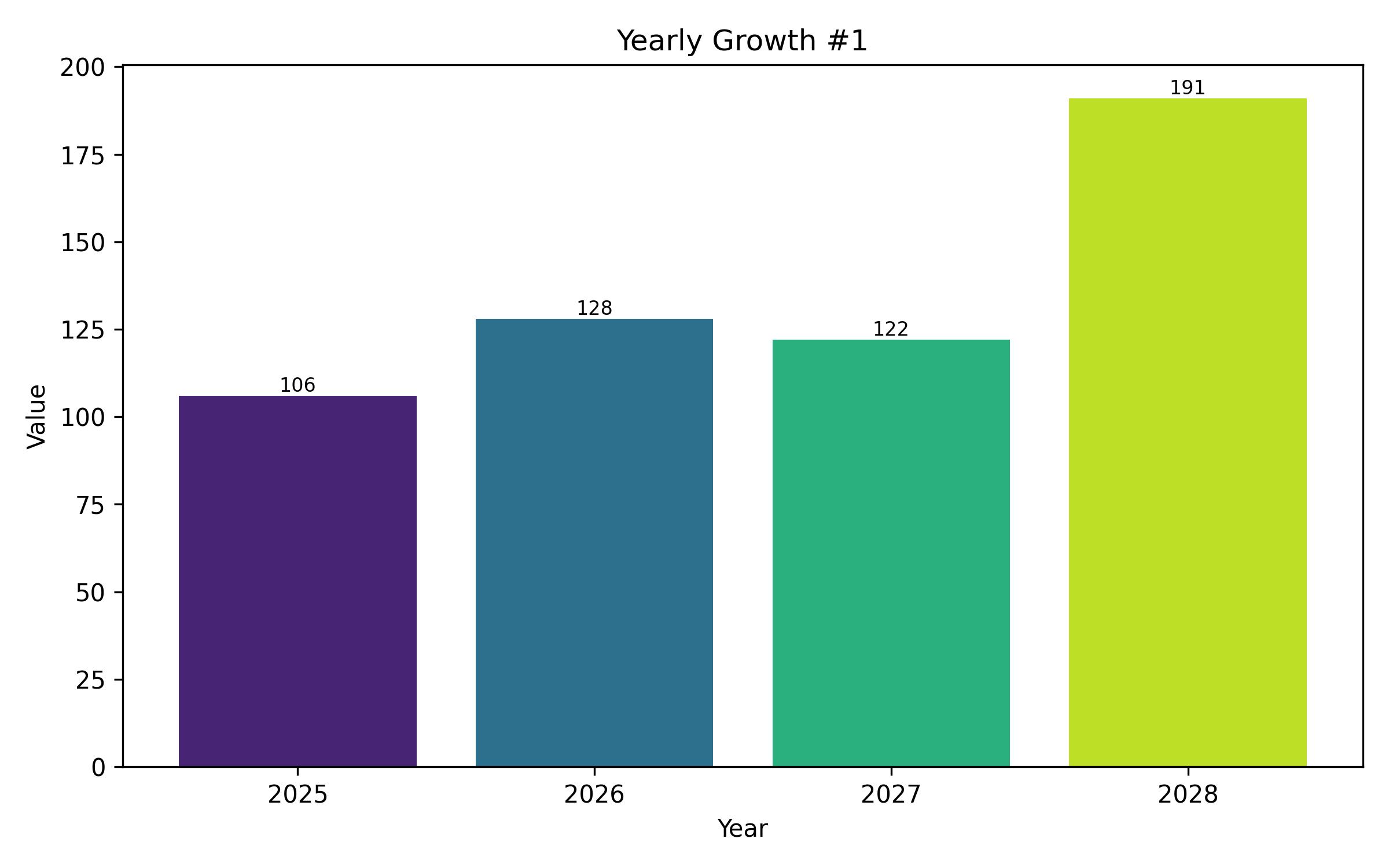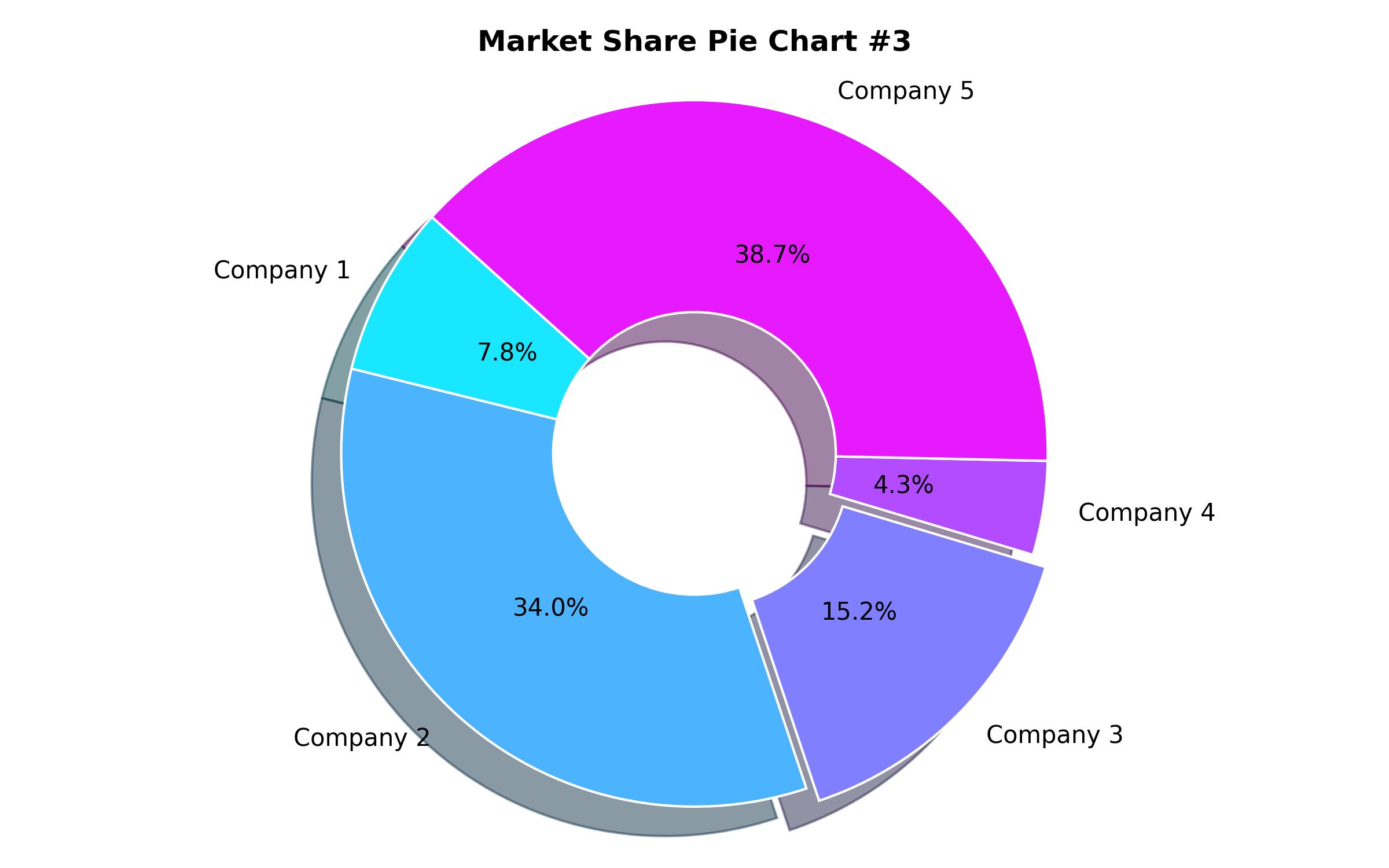Middle East and Mediterranean Tahini Market Future Outlook
Overview:
The Middle East and Mediterranean tahini sector is experiencing significant expansion, driven by the widespread use of tahini in regional cuisine. Market forecasts indicate the Middle East and Mediterranean tahini market is set to achieve a valuation of approximately USD 1.08 billion in 2025. Projections for the period between 2025 and 2035 estimate a robust Compound Annual Growth Rate (CAGR) of 9.3%, leading to a potential market value of USD 2.63 billion by 2035. The market recorded a CAGR of 8.8% over the preceding period from 2020 to 2025.
The demand for tahini is experiencing a substantial surge across the Mediterranean and Middle East regions, primarily due to the high level of consumption of this versatile ingredient. Consequently, a large proportion of product manufacturers are situated within these areas. Furthermore, these companies deeply value their established customer base, prompting them to focus on broadening their presence throughout the Middle East and Mediterranean territory. Tahini holds a prominent place as a staple food item within the region.
The popularity of this regional food item has been sustained and passed down through successive generations. As a result, the condiment maintains its high level of appeal and continues to grow in public esteem across the population.
Tahini is predominantly employed in the creation of various culinary delights. It is highly valued by families and members of the food industry in the Middle East, as it serves as a key component in preparing iconic dishes such as hummus and baba ghanoush, among others.
Moreover, the sesame paste is extensively utilized in the preparation of dips, sauces, and spreadable pastes. Consequently, the product benefits from diverse applications, presenting numerous avenues for industry growth within the geographical area.
The use of the condiment as an ingredient in confectionery items is a major factor contributing to its enduring popularity in the area. Arabic cultures are known for their significant consumption of sweets, and it is customary for families to include a dessert with each meal. Thus, the industry benefits considerably from the product’s incorporation into the production of sweets like halva. However, the tahini sector in the Middle East and Mediterranean also faces certain challenges. Individuals focused on health and wellness tend to avoid the condiment due to its relatively high fat content.

| Report Attribute | Details |
|---|---|
| Market Size in 2025 | USD 1.08 Billion |
| Revenue Forecast for 2035 | USD 2.63 Billion |
| Growth Rate (CAGR) | 9.3% from 2025 to 2035 |
| Base Year for Estimation | 2024 |
| Historical Data | 2020 – 2024 |
| Forecast Period | 2025 – 2035 |
| Quantitative Units | Revenue in USD million/billion and CAGR from 2025 to 2035 |
| Report Coverage | Revenue forecast, company market share, competitive landscape, growth factors, and trends |
| Covered Segments | Product Type, Distribution Channel, Application, and Region |
| Regional Scope | Middle East and Mediterranean |
| Country Scope | UAE, Saudi Arabia, Levant, Greece, Turkey, Italy |
| Key Companies Analyzed | El Rashidi El Mizan, Halwani Bros. Co., Al-Wadi Al-Akhdar S.A.L, Prince Tahina Ltd., Haitoglou Bros S.A. |
| Customization Options | Free report customization (up to 8 analysts working days) with purchase. Changes to country, regional, and segment scope |
| Pricing and Purchase Options | Customizable purchase options for tailored research needs |

Report Coverage & Deliverables
- Market Trends And Dynamics
- Competitve Benchmarking
- Historical data and forecasts
- Value/Volume analysis
- Company revenue shares and key strategies
- Regional opportunities
This is an indicative segmentation. Please request a sample report to see detail segmentation of this market.
Detailed Market Segmentation
- By Product Type
- Pastes and Spreads
- Sauces and Dressings
- Desserts
- By Distribution Channel
- Retail Stores
- Foodservice
- By Application
- Culinary
- Confectionery
- By Region
- Middle East (UAE, Saudi Arabia, Levant)
- Mediterranean (Greece, Turkey, Italy)
Table of Content
- Executive Summary
- Market Overview and Introduction
- Key Market Dynamics
- Market Size and Forecast (2025-2035)
- Market Segmentation
- Analysis by Product Type
- Pastes and Spreads Demand Analysis
- Sauces and Dressings Demand Analysis
- Desserts Application Usage
- Analysis by Distribution Channel
- Retail Channel Performance
- Foodservice Channel Performance
- Analysis by Application
- Culinary Uses
- Confectionery Uses
- Regional Market Analysis
- Middle East Market Trends
- Mediterranean Market Trends
- Country-level Analysis (UAE, Saudi Arabia, Levant)
- Country-level Analysis (Greece, Turkey, Italy)
- Competitive Landscape and Analysis
- Key Company Profiles
- Market Share Analysis
- Growth Opportunities and Strategies
- Regulatory Environment
- Supply Chain Analysis
- Pricing Trends Analysis
- Market Challenges and Restraints
- Future Outlook and Projections
- Research Methodology
- Assumptions and Definitions
